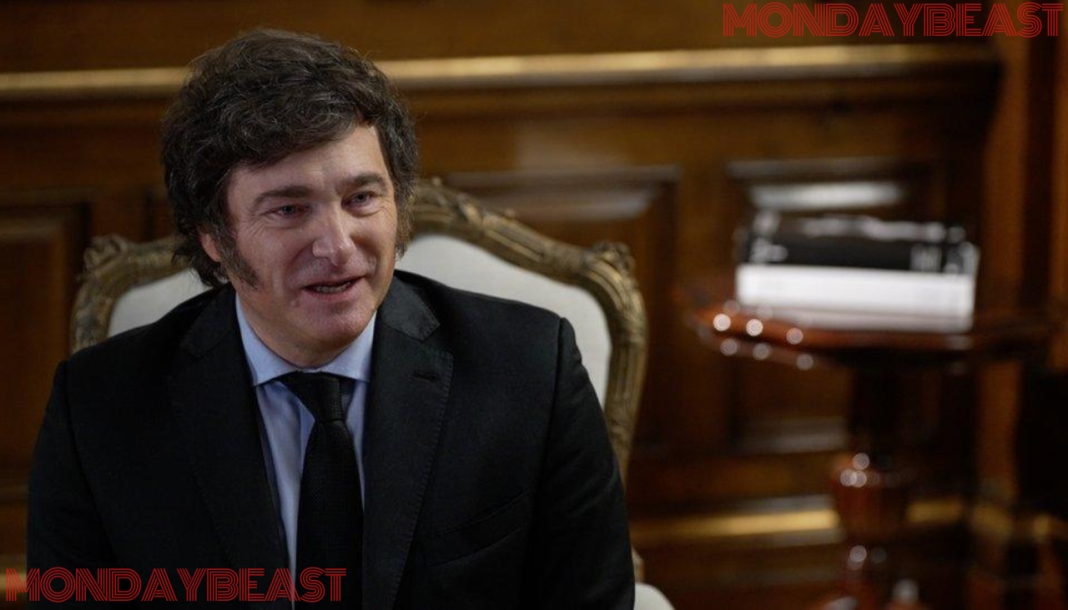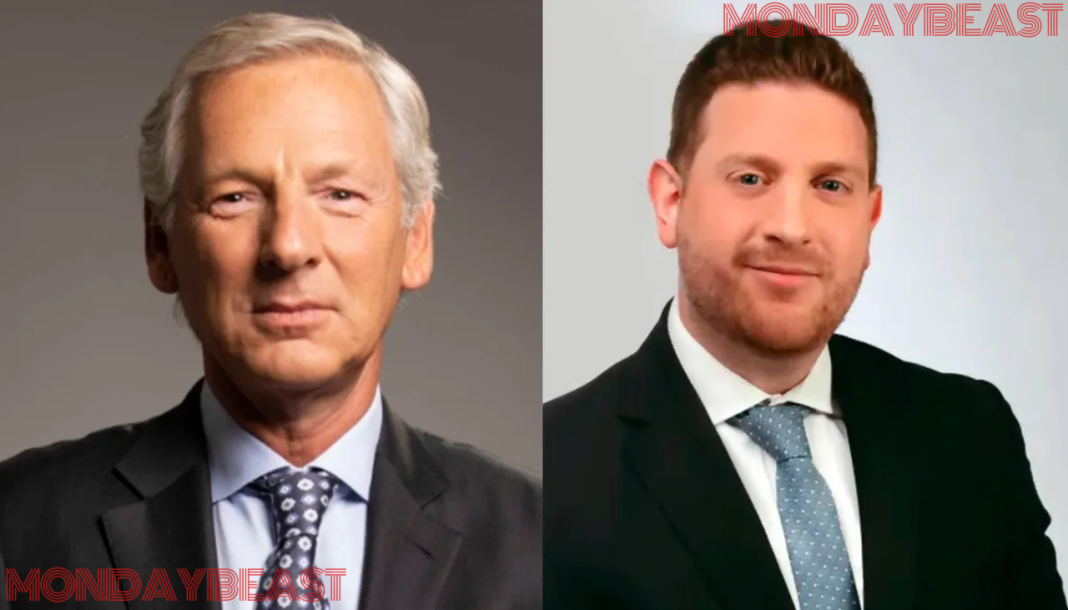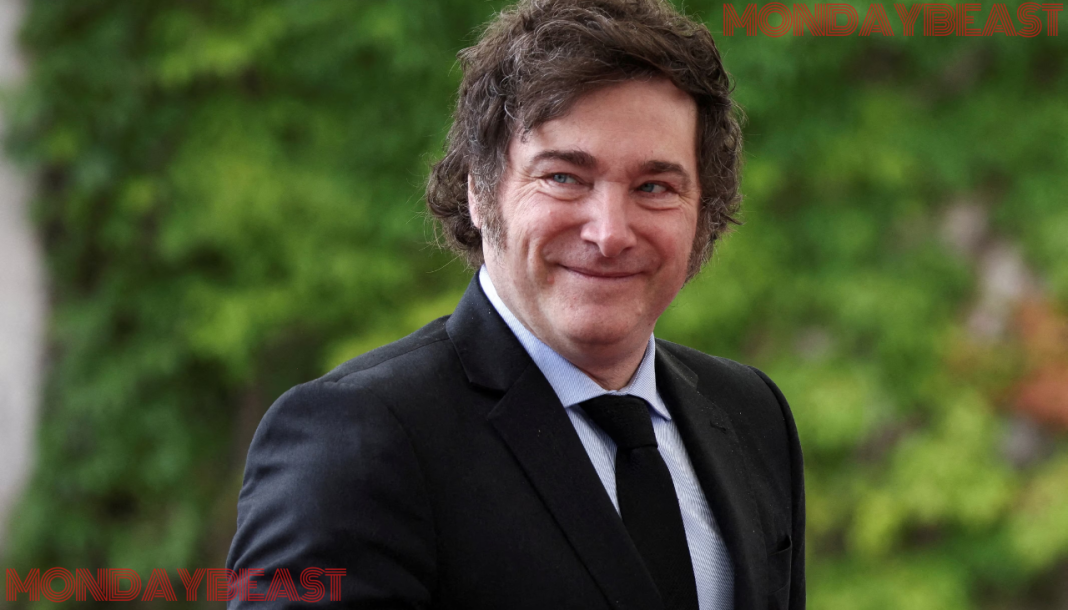Javier Milei’s interview in the U.S. has sparked conversations. His harsh critique of Argentine journalists has raised eyebrows. Are they misrepresenting the truth or protesting free speech? What he said will shock many.
Milei expressed anger at how the media portray his administration. He accused journalists of lying and spreading falsehoods. “They are extortionists,” he declared. This pointed out a growing divide in Argentina’s media landscape.
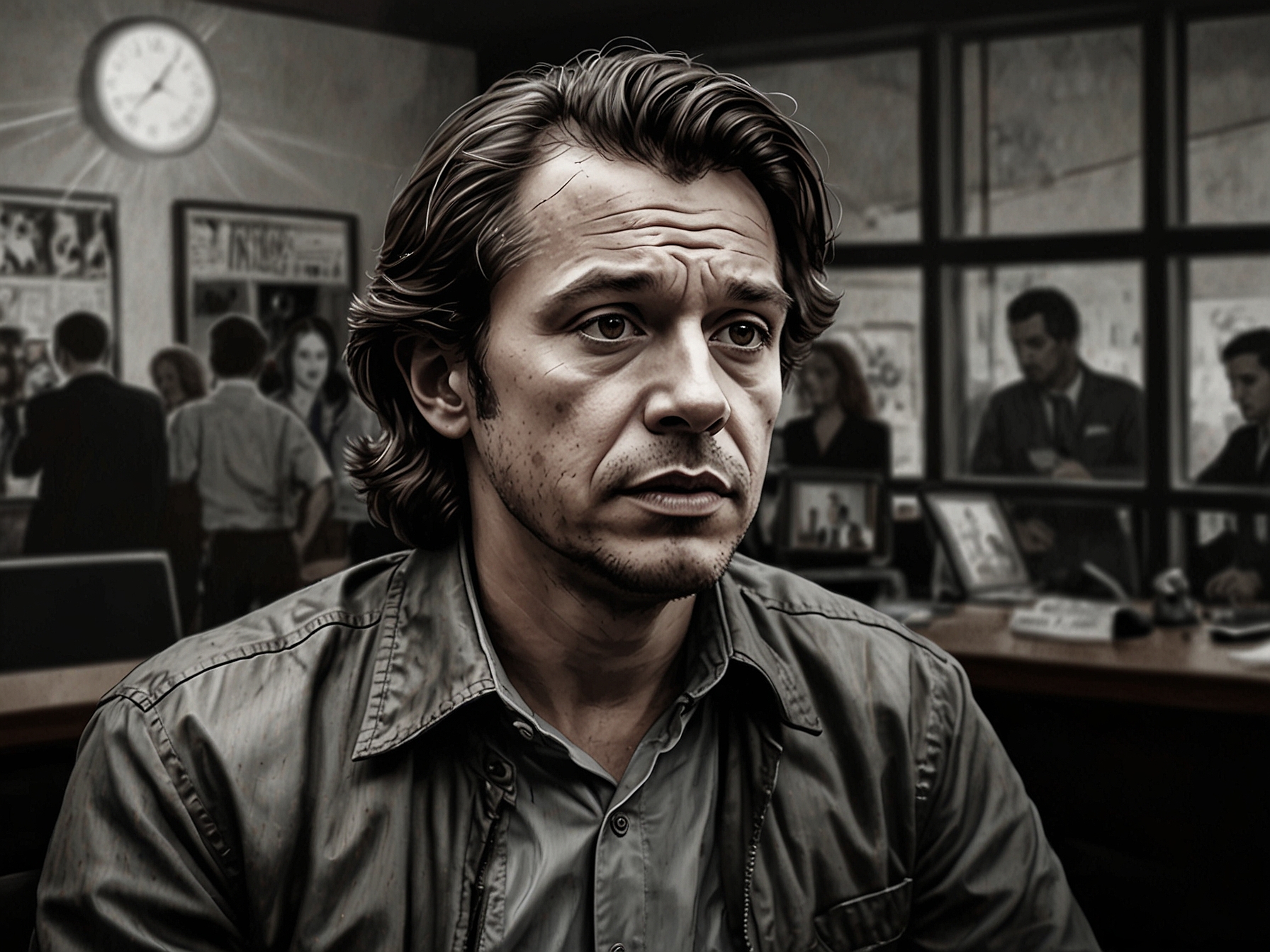
In his chat with Lex Fridman, Milei painted a vivid picture of his frustration. He believes these journalists manipulate information. This, he argues, tarnishes the image of his government. A change in media culture is crucial for Argentina to move forward.
For Milei, the media’s role goes beyond reporting. It shapes public perception. He likened journalists to professional torturers. His strong words left little room for sympathy. In standing against the media he accused, he’s taking a big risk.
This interview comes on the heels of significant legal decisions in Argentina. Recently, former President Cristina Kirchner faced serious charges. Milei sees this as a step toward governmental accountability.
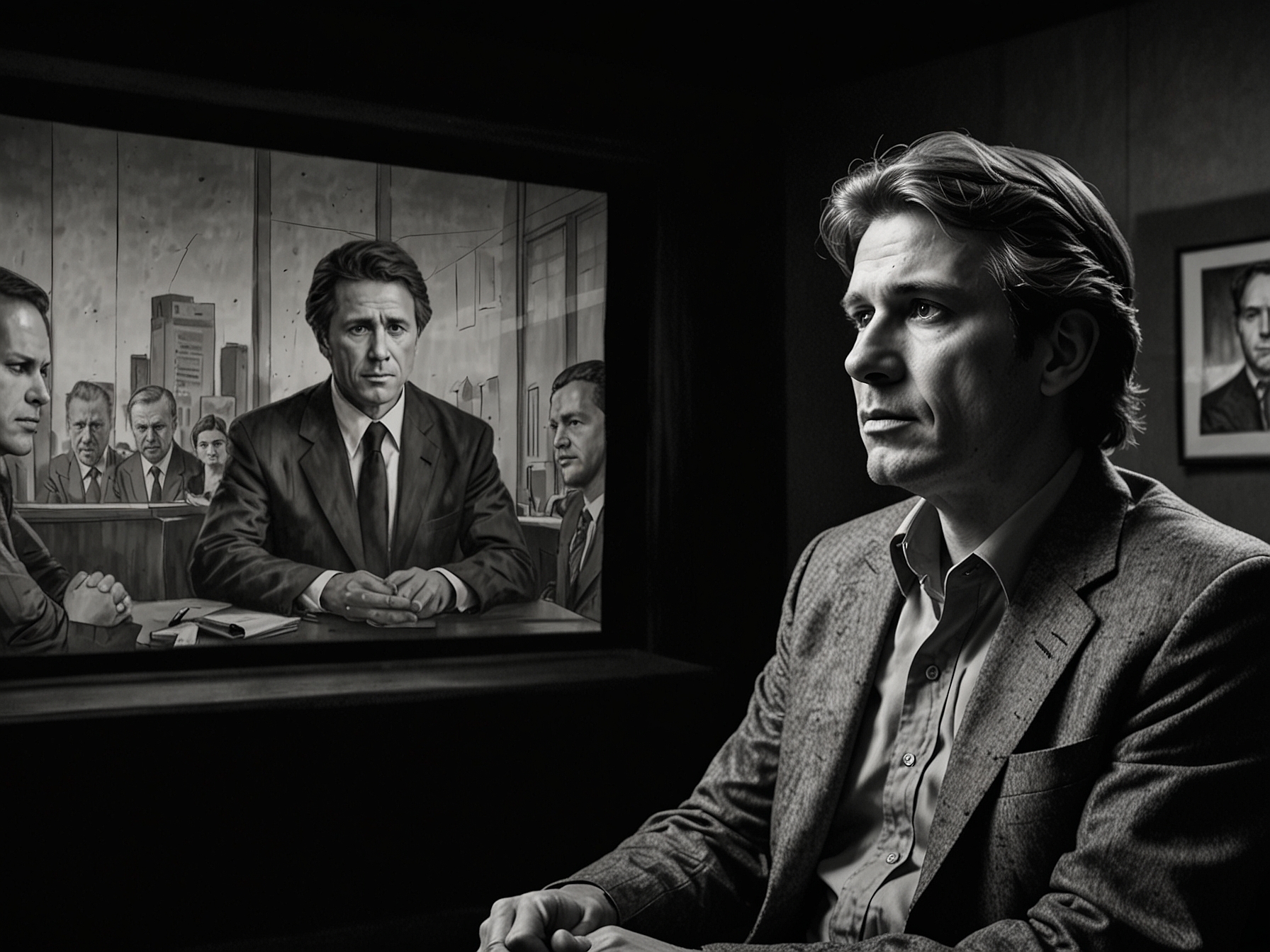
Yet he doesn’t just want to highlight corruption in politics. He goes after the press with equal fervor. “They want to silence the truth,” he charged. It’s a sentiment resonating with some Argentine citizens. How do they reconcile their information sources?
Milei fervently defends his position on social media. He credits platforms like Twitter, now called X, for allowing him to bypass traditional media. He believes that open dialogue is essential for democracy. But is his approach fostering unity or deepening division?
During the interview, Milei also referenced personal attacks. He mentioned how journalists have invaded his privacy. This includes unflattering portrayals of his family, even his pets. For him, it’s unacceptable. This sense of invasion reflects a broader issue in journalism.
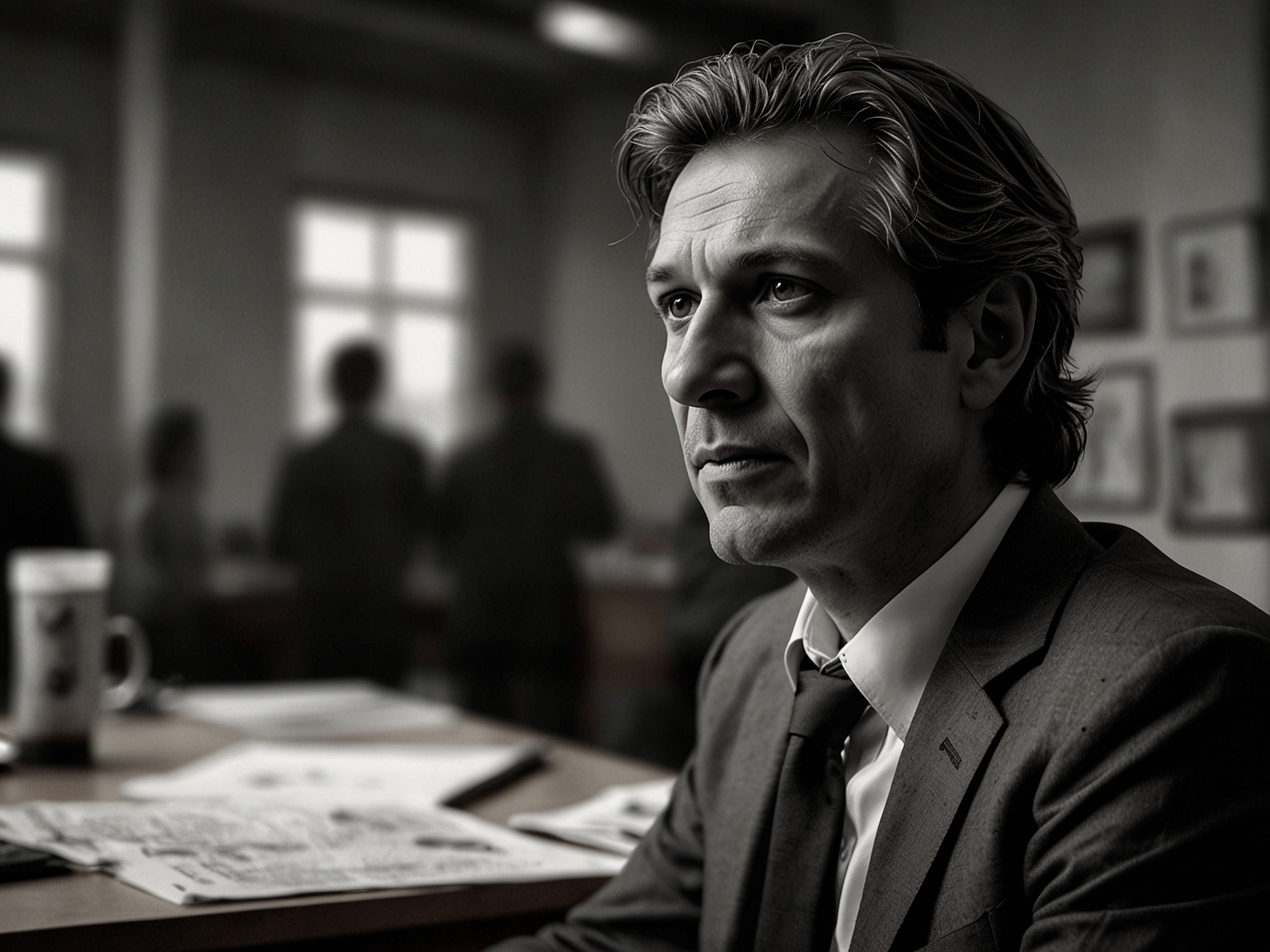
The Argentine media landscape is not just a battleground for truth. It is also a reflection of cultural battles. What’s interesting is how journalists’ actions provoke reactions. Milei’s views could ignite a conversation on ethical journalism.
On a lighter note, Milei spoke about his meetings with Elon Musk. He admires Musk for his innovative spirit. Conversations about demographic issues might surprise many. This unusual bond suggests common goals and aligns interests.
Returning to the serious topic, Milei’s remarks reveal much about his administration. His fight against corruption seems intertwined with his media criticism. He’s pushing for structural changes in Argentine institutions. This leads to the pressing question: can journalism be reformed in a way that serves the public interest?
In a global context, Milei’s criticisms resonate with feelings across various nations. Many are questioning the role of the media. Are they serving the public or their interests? In tumultuous times, these questions gain urgency.
Milei’s words challenge not just Argentine media. They pose a dilemma about accountability and ethics too. As he shifts power dynamics, what remains to be seen is how this will affect Argentina’s democratic process. Future journalists must navigate these newfound challenges.
Culturally and politically, Milei’s stance influences younger generations. Are we shaping a media landscape more protective of truth? Or are we risking a future filled with misinformation? These are critical questions for not just Argentina, but the world.
Through all of this, one must ponder the broader implications. How do leaders emerge in environments shaped by media narratives? How will Milei’s administration contend with this reality? As he tries to spearhead reforms, doubts linger in the air. Can trust be salvaged in a fractured media landscape? The path forward remains unclear as tensions continue to rise.

